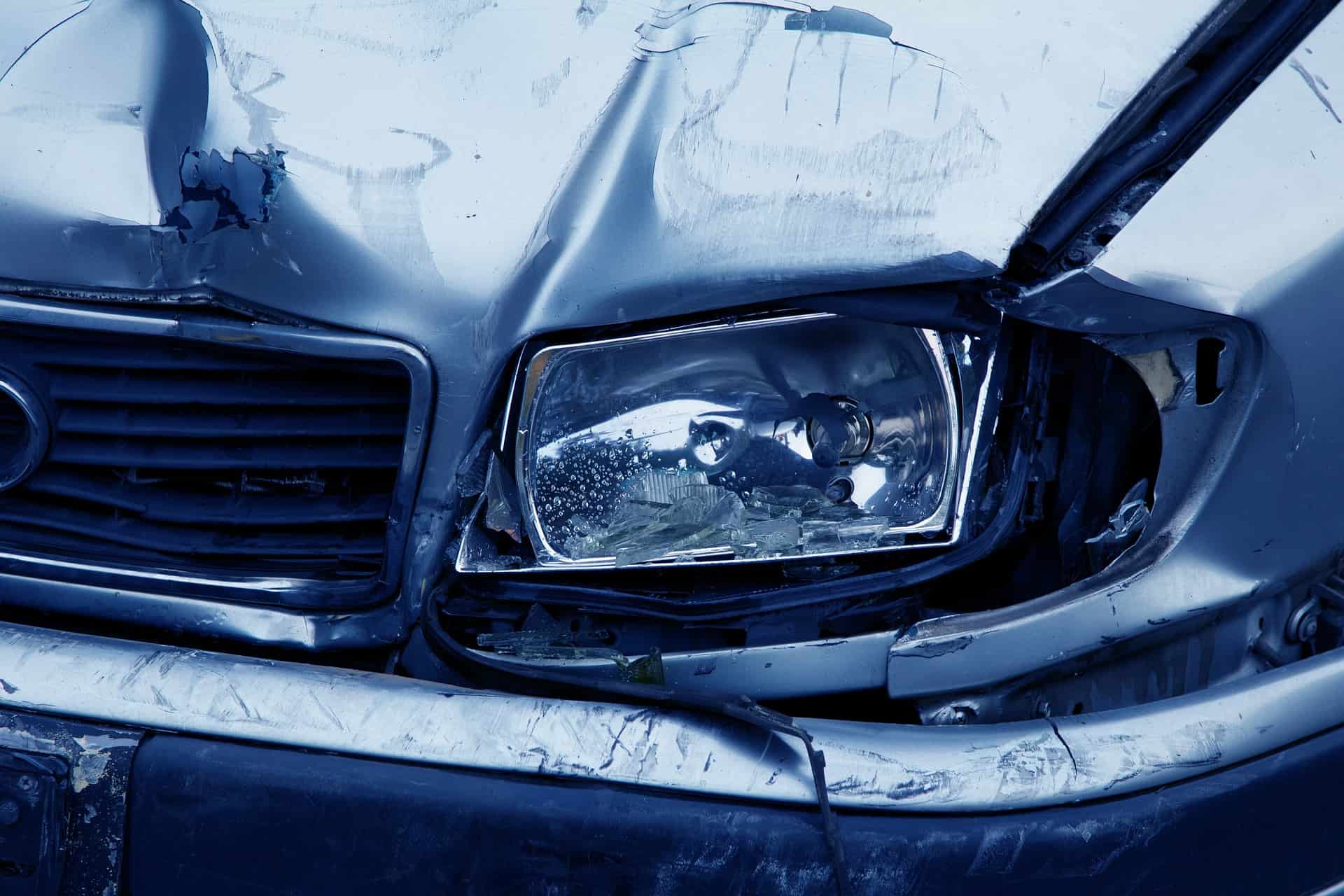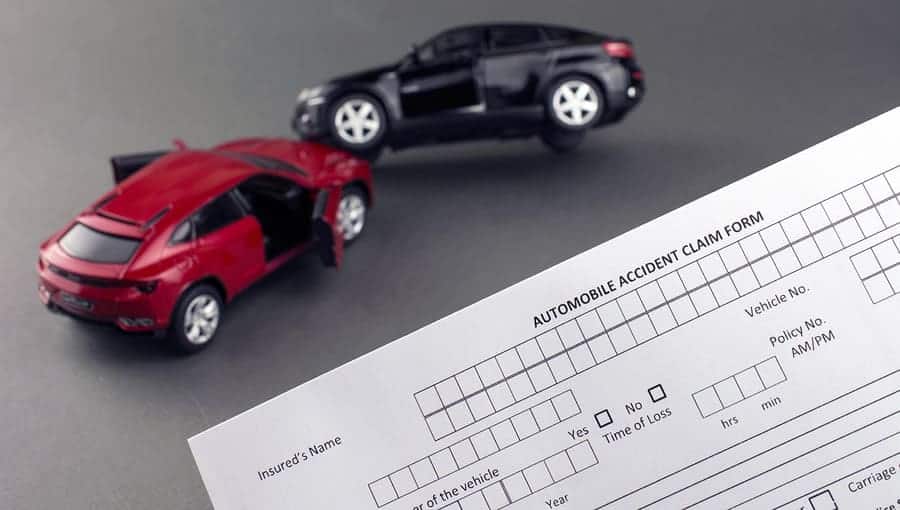Car accidents can happen in mere seconds but they can turn your life inside out. Many accidents are minor and only cause small soft tissue injuries and property damages. Many other car accidents are pretty straightforward, and in most of these instances the better course of action will be to file a claim and try to collect a car accident settlement directly from the insurance company. But if you have serious injuries, there’s a dispute about fault, or the circumstances of the car accident were eggregious and merit punative damages, you probably should consider filing a car accident lawsuit against the at fault driver.

- How Much Is Your Car Accident Settlement Worth?
Find out the maximum compensation you could receive.
- How Much Is My Car Accident Settlement Worth?
To get an idea of what you have in front of you, we outline below the typical process for filing a car accident lawsuit. Don’t worry: Your personal injury attorney will do most of the work for you and tell you what information is needed.
For a more concise overview of the typical timeline for filing a car accident injury lawsuit, read our FAQ on the topic.
#1 The Investigation
At the accident scene, you should worry about your health first. Get to the ER if you have injuries needing medical attention.
But if you can, try to take accident scene pictures and jot down the names and numbers of drivers and witnesses. The police will probably try to clean up the scene when they arrive and move vehicles out of traffic. They may take some photos, but you should get your own, and the more the better.
Take images of the positions of the vehicles, debris, witness testimony, and weather conditions immediately after the crash. The initial investigation you do can pay dividends in your car accident lawsuit later.
#2 Treatment
Get to the ER or your doctor as soon as you can after the car accident. Tell the physician all of your symptoms and be honest. Do not exaggerate anything or this can cause you trouble later. The more information they have, the better your treatment and followup will be.
Ask the doctor if you can go back to work with your accident injuries or if there are restrictions. Further, be sure you follow all medical treatments your doctor orders. If you do not get all of the treatments he tells you, the insurance company will argue that your injuries are not serious. Do everything your doctor says in terms of followup treatments. Do not miss any appointments.
#3 File A Claim
After the accident, you should tell your insurance company about the accident. Your auto insurer usually is the best one to get your car fixed or declare it a total loss. Even if the accident was not your fault, your auto insurance company can get your car back in service, if you have collision coverage.
If the accident was caused by the other driver, their insurance company may contact you. Do not make any recorded statements and do not accept a quick settlement. Talk to an attorney first.
#4 Attorney Consultation
Most car accident attorneys offer a free consultation to determine if you have a possible car accident claim or lawsuit. If they think you have a case and you decide to move forward, they can help you deal with everything involved – filing legal paperwork, conducting an investigation, deal with insurance companies and reject low offers.
#5 Medical and Liability Investigation
The car accident attorney will study the accident and follow up with you about your medical condition. As you are treated, your attorney will keep track of all your medical bills and records. They will wait until you have reached full medical recovery before they make any settlement or go to court.
#6 Settlement Demand
After your medical condition has improved as much as it is going to, your attorney will send a demand for settlement to the insurance company. The insurance company will probably make the first offer. There could be extensive going back and forth before a final offer from the insurance company is made.
#7 Settle or Go to Court
After a final offer is received from the insurer, it is your call if you want to settle or go to court. Many people want to settle, but this may be a mistake if you have serious injuries. If you decide to go to court, a good attorney will be able to take the case through trial and win. But remember – juries are unpredictable, so you could end up with nothing. Your attorney is your best advisor on whether to settle or go to trial.
#8 Discovery
If the lawsuit goes forward, the case goes into discovery. This means your attorney will get more information about the case from the other side, and the other side gets the same from you. This process includes interrogatories, document requests, and sometimes depositions.
#9 Mediation
Most judges will order mediation before the case goes to trial. This is where a neutral third party, such as a retired judge, will lead a discussion between the parties and try to resolve the case without the time and expense of a trial. Your attorney will represent you in the mediation and try to get the insurance company to offer as much as possible.
#10 Trial
Most cases end in settlement or mediation, but occasionally, a case will go to trial. The trial could take a month or year to take place. You have the burden of proof in a trial to show the other driver was negligent. Your attorney will present the case, show how the other party caused the accident, present testimony from eyewitnesses and expert witnesses, and will also say what he thinks you should get in compensation.
The jury will hear the evidence, consult, and render a verdict. If you were partially at fault for the accident, your compensation could be reduced. If the jury decides for the defendant, you do not receive anything. If you have a good attorney, he or she will let you know far in advance if the case should settle or is worth taking to trial.

- What’s my car accident settlement worth?
- Find out in less than 60 Seconds!

